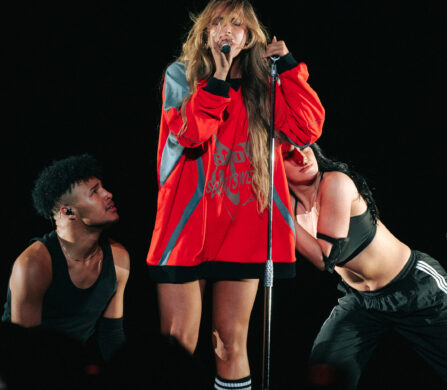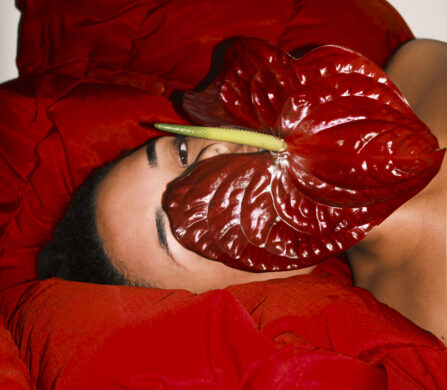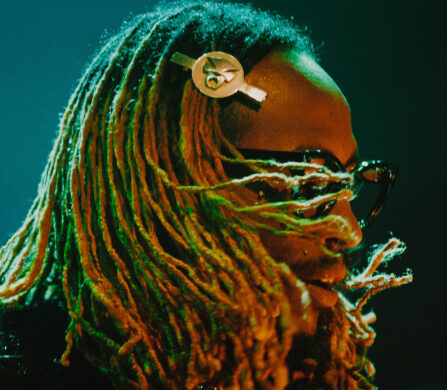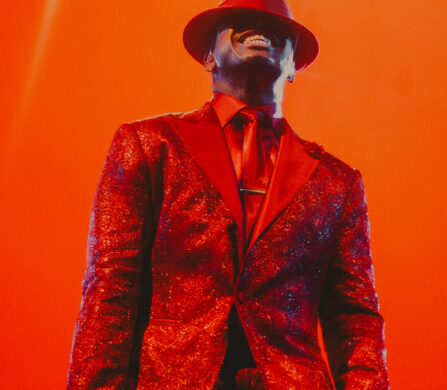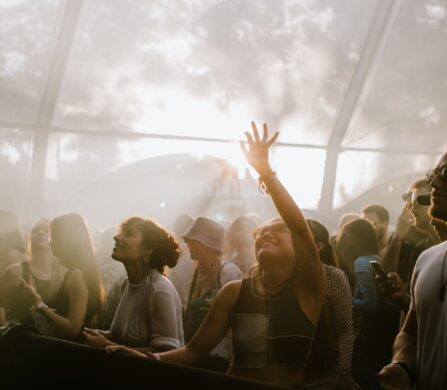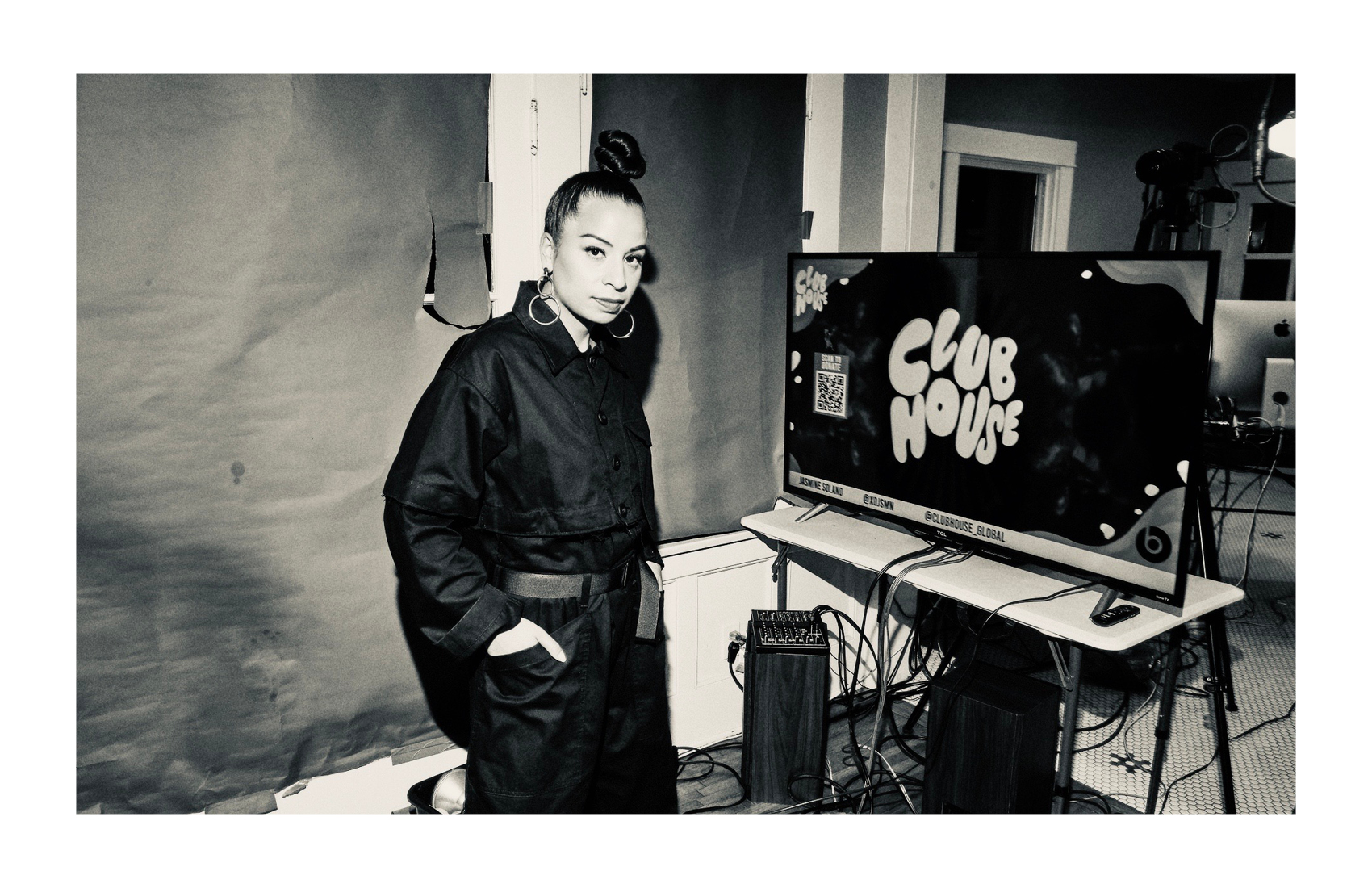
When Jasmine Solano got her first job in New York City after college. She was putting in ten hours a day at a music production company. She would go home, take a nap, and then be on her way to spin music all night as a DJ. After three hours of sleep, she’d be back at her day job. That’s how hard Solano has worked from when she was just starting out to lockdown days today but her passion for music has never wavered.
Since that first job, Solano has gone on to host an MTV original series Scratch the Surface, tour all over the world as one half of DJ duo Electric Punanny, host the Ebb & Flow podcast show interviewing up and coming artists, and now, create Club House Global to support the entertainment and hospitality industries impacted by COVID.
Club House Global brings the club to your home and supports DJs by raising funds that supplement their incomes. It’s become one of the most inclusive and diverse platforms online, highlighting and benefitting many BIPOC musicians and talents. And Solano and her partners also made sure a good chunk of the donations they receive would go to community initiatives, including The George Floyd Memorial Fund, The Bail Project, and MusiCares. Join the hundreds that tune in every Saturday on Zoom, and get all the behind-the-scenes info Solano shared with Schön! below.
You wear many different hats as DJ, producer, TV host, curator, etc. If you had to pick one title or a phrase to identify for yourself to someone who has never gone to a club, what would it be and why?
Master of Ceremonies. This could be taken literally, as an MC who hosts and introduces various shows. And also figuratively, as a veteran who produces and creates ceremonies, gatherings, celebrations, and the like. I do both, across the board.

You answered a lot of questions in the past about having to work hard to earn respect as a female DJ in a male-dominated industry. But has being a woman of colour, having mixed heritage, ever shaped your career at all?
Absolutely. When you’re young and deep in the hustle of your early career, you don’t always see the ways in which you’re perceived – and how that’s hindered or benefited you. But when you look back in hindsight, you can easily spot the areas for each. Typically it’s a never-ending cycle of both. There have been cases where I benefited from being a woman of colour, especially for events aimed at supporting POC’s only. In other cases, being a woman of colour didn’t make me high fashion enough for certain spaces.
In addition, being mixed heritage — most people never know what ethnicity I am. I’m half Indonesian, half Russian-American. My racial ambiguity has allowed me to float between different cultures, be accepted in minority communities, almost chameleon myself anywhere in the world. This is a form of privilege. I feel this has saved me a good deal of racism, as folks are so confused by me, they don’t know how to treat me. I see when folks want to label my ethnicity in order to categorise me in a box, to understand me better, to fit within their preconceived biases. But they can never quite do it. And when they learn what I am, I often feel like I broke their heart. As if they had an idealism of who I was in their mind. And by learning about my mixed heritage, I’m no longer that token that they identify with. I don’t blame them. We are always looking for a home in one another.
You studied underground subcultures all over the world, with a special abroad program in college and with MTV’s Scratch the Surface. With this in mind, what frustrates you the most in discussions about cultural appropriation?
The juxtaposition between commerce and culture often makes me cringe, especially when it comes to tourism. Traditions that hold heavy meaning to specific communities, tend to get dumbed down, mass-produced and culturally appropriated worldwide. However, for many people in poverty, this is the key to sustaining a living and feeding their family. Whenever there is an extreme gap in wealth in a country, you’ll see this juxtaposition. It’s hard to connect in those instances when your existence alone is transactional.
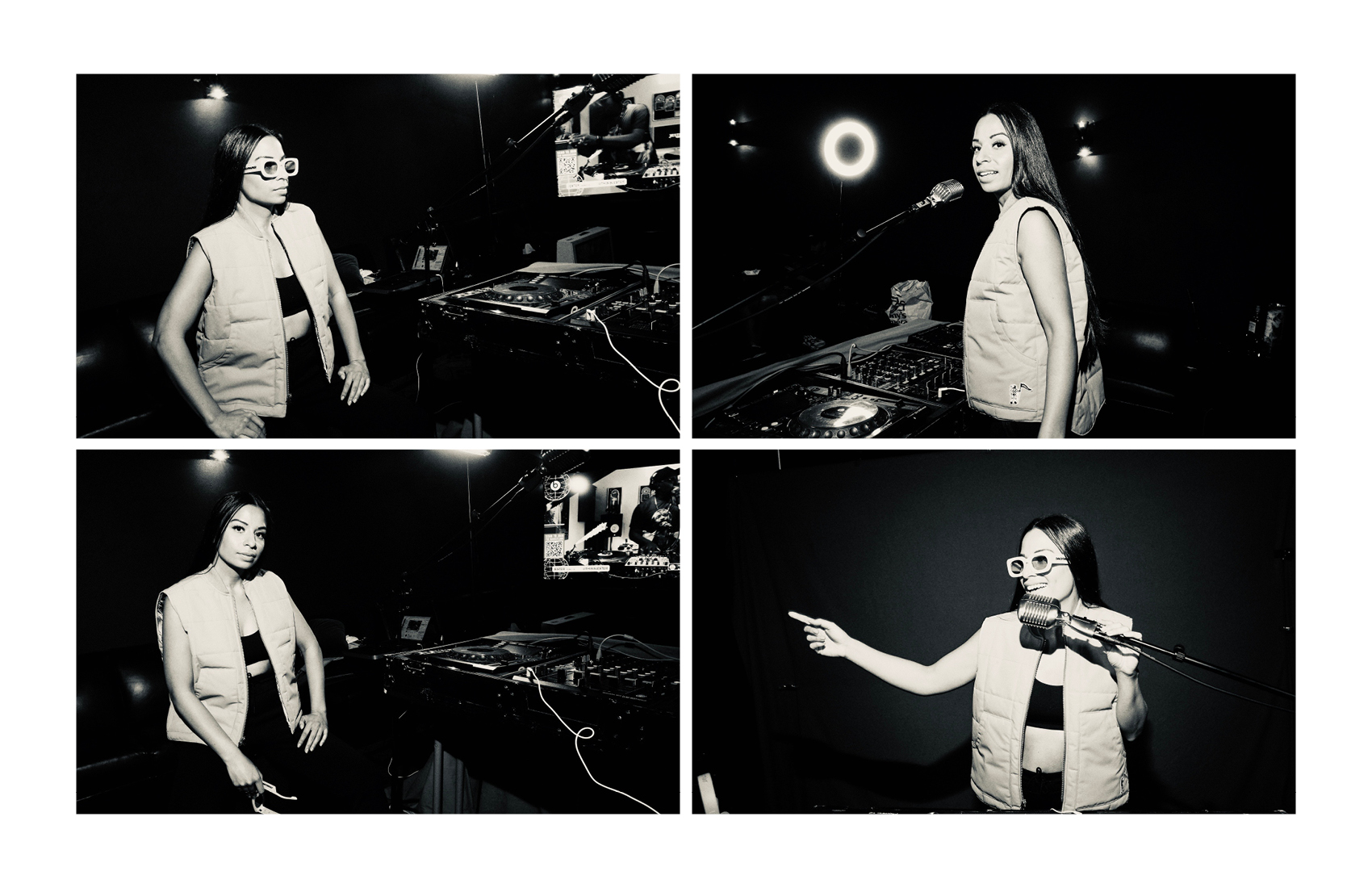
What is the common drive behind your big projects such as the photo series Unity in Color and streaming platform Club House Global?
The common thread between both of these projects is that they were born out of tragedy and chaos. They were solutions to somehow “save” my people, and inherently myself. Unity in Color formed out of the 2016 election when I was dreading inauguration day so much so that I planned a photoshoot with various women in order to pledge to each other that no matter what happened next, we would not let go of our rights, under no circumstances. I invited 25 women, and 50 showed up. Within a week of posting the first photo in 2017, three people contacted me from various places in the US asking how they could conduct their own photoshoot like this. I then devoted the next three years to giving infrastructure and depth to the mission. Today, Unity in Color is a global photography series and platform that showcases intersectional solidarity for Women’s Equality. We’ve produced 45 photoshoots all over the world from Trinidad to Tokyo.
Similar story with Club House Global. In March of 2020, I was freaking out about my income and how to prevent the DJ community from drowning during this pandemic – given that events, festivals, parties, and gatherings were going to be shut down for at least a year. My long time friend Siku said to me “You need to take over the digital space, as a host, as a DJ”. She sparked something in me when she said that. And one of my best friends, Patrick Struys, who is a tech wiz and fellow DJ, was so open to this conversation that we started building the idea without even knowing it. Two weeks later, Patrick brought in his long time friend and colleague, Anjali Ramasunder who hails from Non-Profit Management, Business Development, and Experiential Strategy. She completed the trio. And we’ve been building 13 hours a day ever since. It’s been so much hard work, but now we’re five months in at Club House Global – a sustainable platform that subsidises income for the DJ/Artist community as well as charitable partners in the hospitality, nightlife, and social justice sectors. We’ve been able to employ over 150 DJs/Artists and raise over $30K for our charitable partners since we launched on April 4, 2020.
Does it get easier creating a platform from scratch? How does your focus shift as it grows?
It’s never easy creating a platform from scratch, however, it’s probably the most rewarding. If you don’t thrive in the DIY mindset, I wouldn’t recommend it. There’s a mix of obsessiveness and workaholism that is needed, which makes for a hard work-life balance. But in the end, when you look at what you’ve built, there’s so much satisfaction in testing your own potential, especially when you can help people in the process.
With that said, the beginning is always the best. There are no expectations, just full creativity and excitement. But when it comes time to sustain and scale, it’s a whole other chapter. Recognising your blindspots, not burning out, building a bigger team, continuing to stay true to the mission while raising more funding – it’s a balance of business that most entrepreneurs live in. And it’s not for the faint of heart.
Were there any developments or directional changes that surprised you with Club House Global?
Every week I’m surprised! We are a digital venue similar to a TV channel – we program new lineups every single week. Events that would typically take a month to plan and execute, we now do two to three of those in one week. It’s a bit insane, given our lean crew. As we curate each week, and tap different artists to curate Saturday showcases or have a digital home for their local parties, I really learn a lot about what people are feeling and needing right now. From the artist’s side, and the audience side.
One development that was an amazing surprise was the Ace Hotel tapping us to partner with them. We are the official live-stream partner for Ace Hotel, and we broadcast Club House Global from Ace Hotel DTLA every week now!
How do you manage to stay creative when you’re getting a lot of logistical work done behind-the-scenes?
THIS IS THE MILLION DOLLAR QUESTION. Luckily, I’m the resident host of our Saturday showcase and I DJ once a month on the platform. And I let out all (prob too much) of my creativity then. I’m lucky I can still flex my creative performer side, while Executive Producing the platform with my partners, as a whole.
How does a Club House DJ read the room when rooms are multiplied and sometimes glitchy over a zoom call?
Two ways! One is quite literally, as we show our Zoom Dancefloor on the screen behind the DJ. With everyone dancing, it truly feels like we’re together. Secondly, is the power of imagination. When I first started DJing at 17 years old, I was DJing and hosting at my college radio station. That’s where I harnessed the power of performing to a crowd that you couldn’t see. Personalising it, making it feel like it’s just you and the listener – it’s an art that great radio hosts master, and something I’ve always deeply respected. Who knew how similar that art would come into play with live streaming.
With creative endeavours, how do you know if a project has succeeded? Is it the number of people who come or a feeling?
I’d say both. I believe in quantitative results as much as qualitative. For something to scale it has to catch on to the masses. But for something to stick, it has to be authentic and of the highest quality.
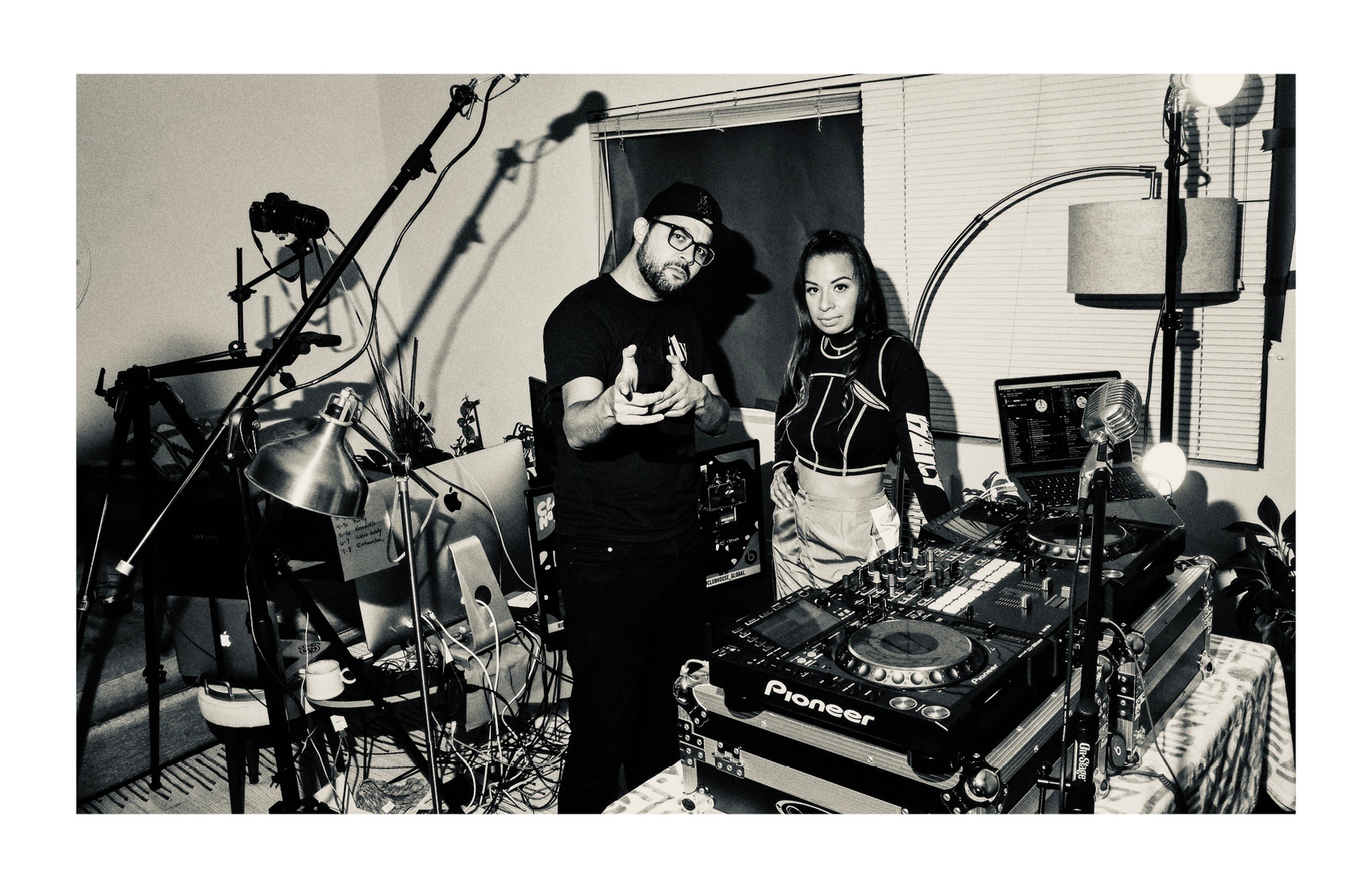
Is it at all possible that there is something positive a zoom Club House party provides that an in-person event can’t? No queues for the loo? No sobering commute back home?
Absolutely! There are many. The two you mentioned are big ones. But also, folks with disabilities or social anxiety that don’t feel safe or comfortable attending large events – can now participate from the comfort of their own home. People that want to experience music events in other countries but can’t afford to fly abroad, can now access these events from anywhere. The chat feed (reminiscent of message boards back in the day) even though can illicit online trolls, mostly provides another source of community. We have regulars that come back every week, they know each other through the platform, and have full catch-ups on the feed!
You’ve been actively involved with political issues since you were 15. How do you stay engaged to create something like Club House Global when there’s disappointing news almost every day? When we wake up to more corona cases?
Honestly, Club House Global is what saves my sanity. To throw myself into a project that is filling a void in this pandemic turns my anxiety into productivity. Also, we are not shy about using the platform as an intersection for music and activism. When George Floyd was murdered and the protests began snowballing, we incorporated protest footage in our entire feed as part of the visual graphics. During our House & Electronic Music showcase, we set to educate viewers on the History of Black Music in America and how dance music would not exist had it not been for Black people. We pivoted our donations from our original charitable partners (MusiCares, Winston House Creative Community Fund & The United States Bartenders Guild Foundation) to the George Floyd Memorial Fund, Breonna Taylor Fund, The Bail Project, Campaign Zero, Know Your Rights Camp, Not Another Black Life, Snap4Freedom and NASPAAM. Music is a universal language, a tool for connectivity, and a place to heal. We’re honoured to create that space with CHG.
Do you think Club House Global will continue in some shape or form post-pandemic?
Yes. We already have plans to see how we can bridge the IRL event scene with the digital space post-pandemic.
How have collective projects Electric Punanny, Unity in Color, and Club House Global changed the understanding of yourself as a person?
This is a beautiful question! In a nutshell, I’ve learned that I’m always trying to get everyone in one room, and I’m always trying to get everyone to see themselves in one another.
What are some plans for the future outside of Club House Global?
Honey, I wish I knew! I know my retirement plan is to become a Park Ranger and help fight climate change. But until then you’ll find me at one place only… Club House Global!
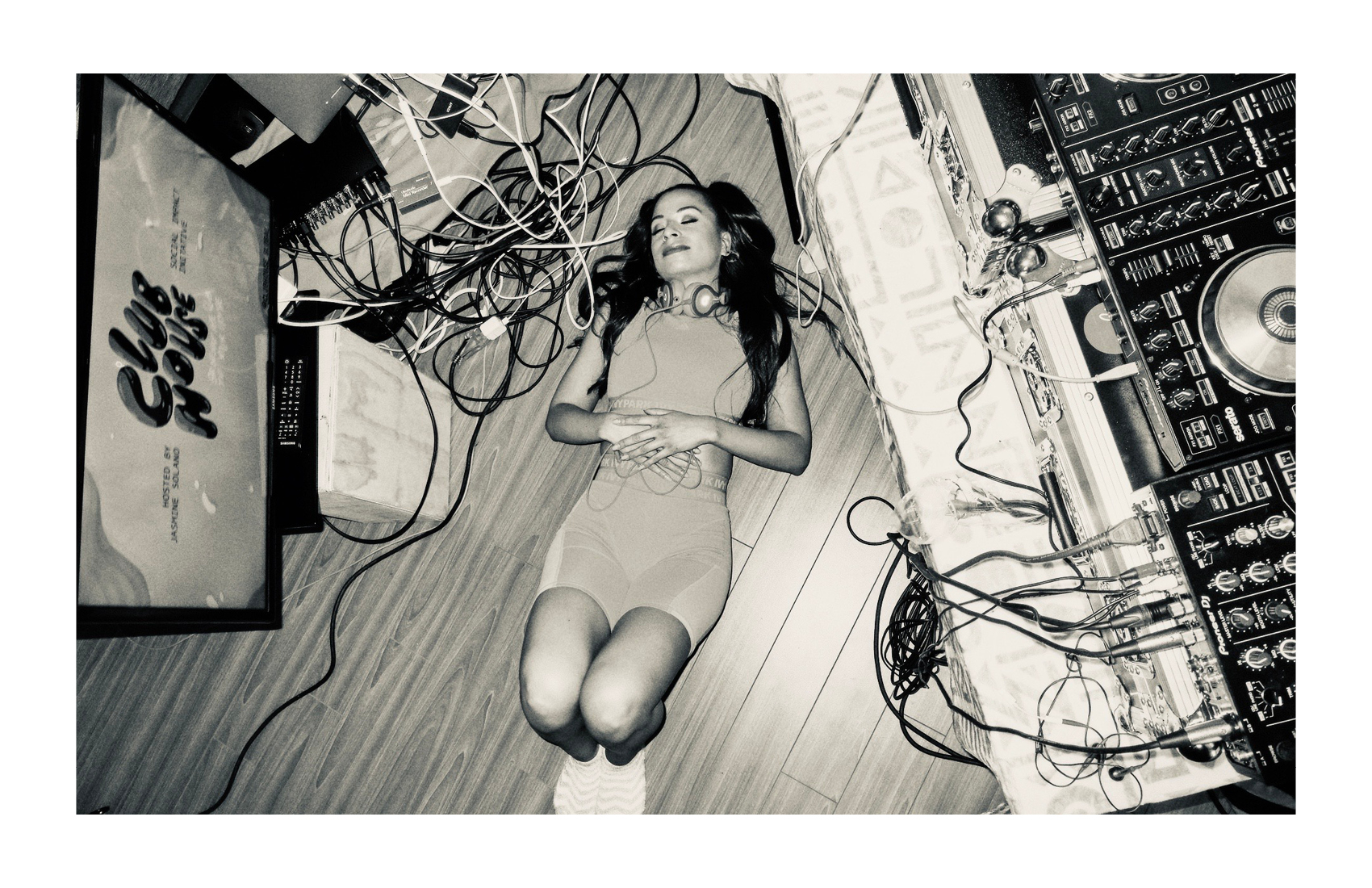
Join Club House Global every Saturday on Zoom.
photography. Patrick Struys
words. Dayoung Lee


Schön! Magazine is now available in print at Amazon,
as ebook download + on any mobile device












